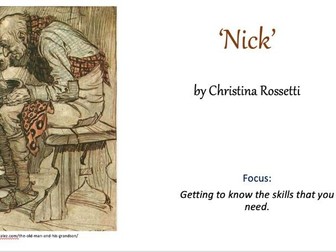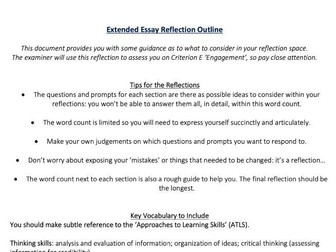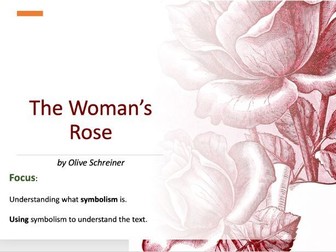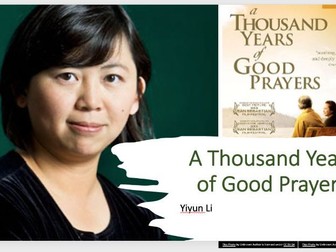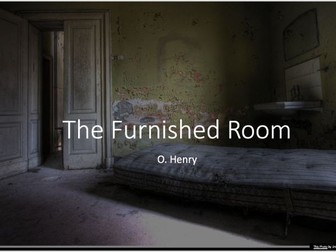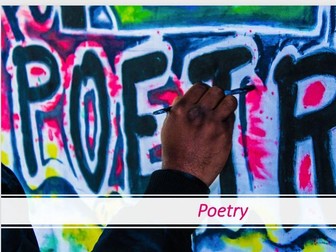
'Nick' by Christina Rossetti - IGCSE Scheme of Learning
A medium-length unit of work on the short story ‘Nick’, by Christina Rossetti that can be used for the IGCSE English Literature course.
It focuses on the conventions of allegorical tales and leads to an initial formative passage-based and general essay on the story.
It is focused on the analysis of the story with regards to the conventions used by the author.
Teacher’s notes are in the scheme.
Included:
power point visual support (which also serves as the teacher’s notes)
worksheet on the conventions
formative passage-based essay
This unit is good to use at the start of teaching the short stories as it introduces the Assessment Objectives.
